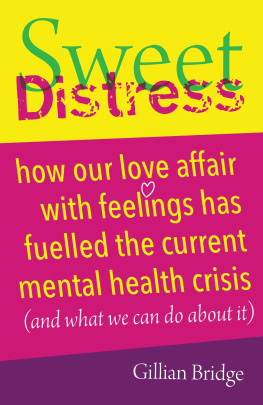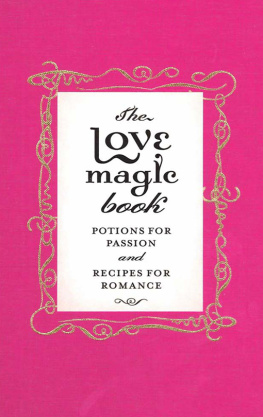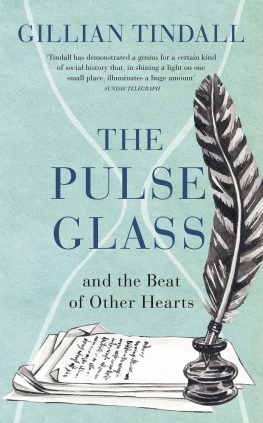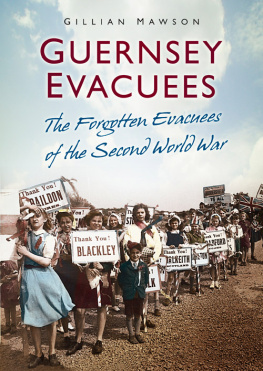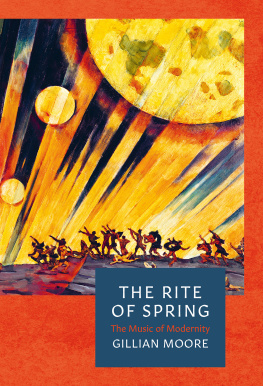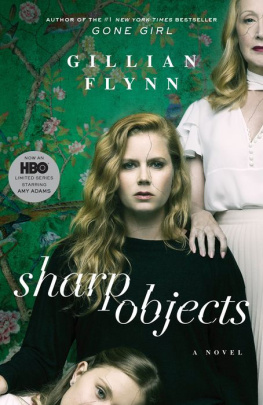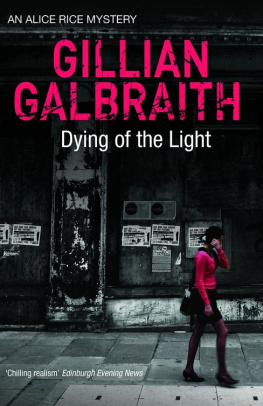Gillian Bridge - Sweet Distress
Here you can read online Gillian Bridge - Sweet Distress full text of the book (entire story) in english for free. Download pdf and epub, get meaning, cover and reviews about this ebook. year: 2020, publisher: Crown House Publishing, genre: Home and family. Description of the work, (preface) as well as reviews are available. Best literature library LitArk.com created for fans of good reading and offers a wide selection of genres:
Romance novel
Science fiction
Adventure
Detective
Science
History
Home and family
Prose
Art
Politics
Computer
Non-fiction
Religion
Business
Children
Humor
Choose a favorite category and find really read worthwhile books. Enjoy immersion in the world of imagination, feel the emotions of the characters or learn something new for yourself, make an fascinating discovery.
- Book:Sweet Distress
- Author:
- Publisher:Crown House Publishing
- Genre:
- Year:2020
- Rating:3 / 5
- Favourites:Add to favourites
- Your mark:
- 60
- 1
- 2
- 3
- 4
- 5
Sweet Distress: summary, description and annotation
We offer to read an annotation, description, summary or preface (depends on what the author of the book "Sweet Distress" wrote himself). If you haven't found the necessary information about the book — write in the comments, we will try to find it.
Sweet Distress — read online for free the complete book (whole text) full work
Below is the text of the book, divided by pages. System saving the place of the last page read, allows you to conveniently read the book "Sweet Distress" online for free, without having to search again every time where you left off. Put a bookmark, and you can go to the page where you finished reading at any time.
Font size:
Interval:
Bookmark:
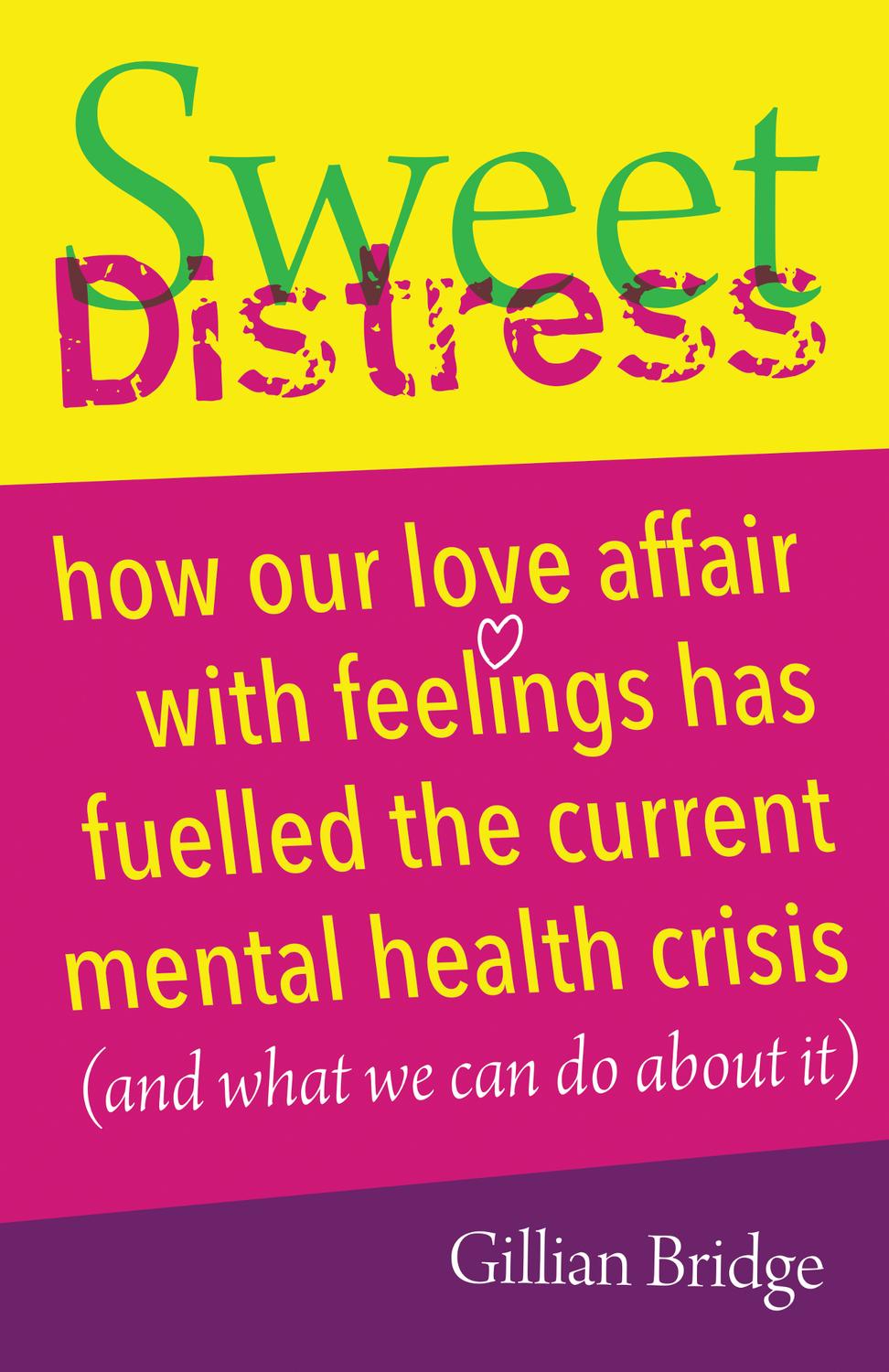
C
This book is dedicated to independent thinkers everywhere. D

My thanks to my editor Emma Tuck, who by using her cool classical thinking to temper my hot-hatch impulses brought it to its present beautifully balanced state.
And thanks to my wonderful, ever patient, supportive and loving family and friends. ii

- iv
v
Let us not talk ourselves into far greater mental distress, even as we believe ourselves to be talking our way out of it. vi

I do believe (even passionately, if it helps) that the answer to the above question is a great big YES. Yes, weve been living in a gross-out world of personal emotional self-indulgence and sentiment for decades now: decades which, for all the alluring (and, yes, passionate) rhetoric of celebrities, of pressure groups and of parts of the media, have seen the nations mental health worsening and not improving, as they seem to imply that it should be doing, given how much more emotionally articulate were supposedly becoming. Its a terrible, and often tragic, irony.
Were actually in a crisis of vast proportions. Youngsters are dying needlessly, everyone seems confused and overwhelmed by often contradictory information and, to me, it all seems as insane as it does unnatural. How can a species that is supposed to be as intelligent as ours be self-harming in this way? Quite frankly, its getting much too late for the niceties; far too many of us have been pussyfooting around personal and cultural sensitivities, even as the nations mental health has been racing downhill on a Teflon-coated sledge. Its time for some tough talking. Every way we turn there is increasing evidence that families, schools, universities the whole societal shebang, in fact is being overwhelmed by an extraordinary epidemic of mental ill health. And that means real lives, real people who are suffering every day and desperately looking for the help that just cant be made available to enough of us, in a short enough space of time, to make it possible for such lives to be lived as fully and robustly as they could and should be lived.

Notice that I say mental ill health, because we have become so into the problem that people have started to use the phrase mental health to mean negative mental health, and that surely is one of the most worrying developments of all. We no longer seem to have any real concept of positive mental health.
What a bizarre, unnatural mess we appear to have landed ourselves in.
Ive already talked at much greater length about the problems were facing (as well as what we can do about them) in my book The Significance Delusion, but that goes into a lot of background, a lot of detail and maybe a tad more science than is needed to get the basic message across although it is essential reading if you really want to understand the hows and whys of our current crises of identity and wellbeing. This time, because we have no time to spare, Im going to go straight for the functional jugular.
What I want, what you want, what we all want, is a solution to the crisis, and with as little reference to deep science as we can get away with in order to explain cause and effect. Im planning to provide that in as straightforward a way as possible.
First, I will be focusing primarily on the mental health of young people of children and adolescents. By looking at what is going on for them I will, inevitably, be looking at the entire family tree, the whole evolution of mental health, which will include everyone elses, too. I will also, inevitably, be looking at where and how we can all play our parts in making a difference and have a role in improving the lives of those around us. Because we all can and should no, must if we genuinely want things to change. And that is one of the most positive and empowering things that can come out of the current mental health mess.
And so, by a sort of benign contagion, with viral efficiency, I hope that we can sort out many of the problems fairly swiftly. Pressure groups are constantly demanding huge policy shifts that will effect massive social change. Such things take time and significant resources. Can we wait that long?
It is far easier to make smaller everyday changes that will impact directly on the people we care about, and so spread like a meme the meme of mental good health.
Lets make that our resolution: to focus on the things that we, that I, can do in small incremental shifts to foster good mental health in those we love and in anyone else who comes into our world. By taking on the challenge at a personal level even when that goes against the grain if we think institutions should be dealing with it I believe that we can end up feeling more in control of our lives. And that is especially important at a time when it can often feel as if were being overwhelmed and disempowered by external forces taking over so many of the roles we used to assume for ourselves.
Personal control over mental and physical health, in particular, is something which some of us feel has been pulled out from underneath us by politicians, institutions and even the media, which is endlessly assaulting us with lifestyle advice and campaigns. Campaigns which often appear to set one shiny new inspirational lifestyle movement against another equally exciting, promising and intoxicating one: clean living; detoxifying your self, your environment, your shelves, your social media accounts, your apps; mindfulness; slow living, slow eating, slow TV and radio, living more like a sloth; green exercise, blue exercise, high-intensity interval training, yoga, aerobics, cold water exercise; playdates for the over sixties, sessions combating loneliness for teens and on and on it goes. All these brilliant new ideas, initiatives and innovations! It can feel like there is a new one for every new dawn.
How can anyone normal feel competent to decide whats right, whats best (for them) and whats going to work in the long term, let alone feel as if they are entitled to decide for themselves? And if its hard to know which celebrity-endorsed approach is going to be most effective in getting any of us from couch potato to triathlete before life finally calls time, how much harder is it going to be to sort out the mental health wheat from the maybe just mental chaff? Its all enough to do your head in!
I want to make it easier for all of us. With a personal back catalogue that includes teaching, lecturing, addiction therapy, brain damage therapy, psychotherapy, counselling, autism specialisation and executive coaching, and with time spent working in organisations ranging from schools and universities to prisons and elite private members clubs to banks and international businesses, I have been able to gather an extraordinary amount of diverse, occasionally strange but often surprisingly relevant material. This includes the common neurobiological features of addiction, autism and criminality, and the importance of storytelling in avoiding post-traumatic stress disorder (PTSD), all of which gives me a slightly different perspective on many behavioural problems. And I have worked with a wonderful and colourful selection of living breathing humans who have generously provided me with that material. What I have been able to discover is that people often have far more in common, in terms of their underlying make-up, their brains and their behaviour, than much academic research (with its inevitably narrower focus) is able to pick up on, which gives me quite a head start when it comes to recognising and understanding the links between our behaviour (whether average or rather less so), our ways of communicating and our brain health.
Font size:
Interval:
Bookmark:
Similar books «Sweet Distress»
Look at similar books to Sweet Distress. We have selected literature similar in name and meaning in the hope of providing readers with more options to find new, interesting, not yet read works.
Discussion, reviews of the book Sweet Distress and just readers' own opinions. Leave your comments, write what you think about the work, its meaning or the main characters. Specify what exactly you liked and what you didn't like, and why you think so.

